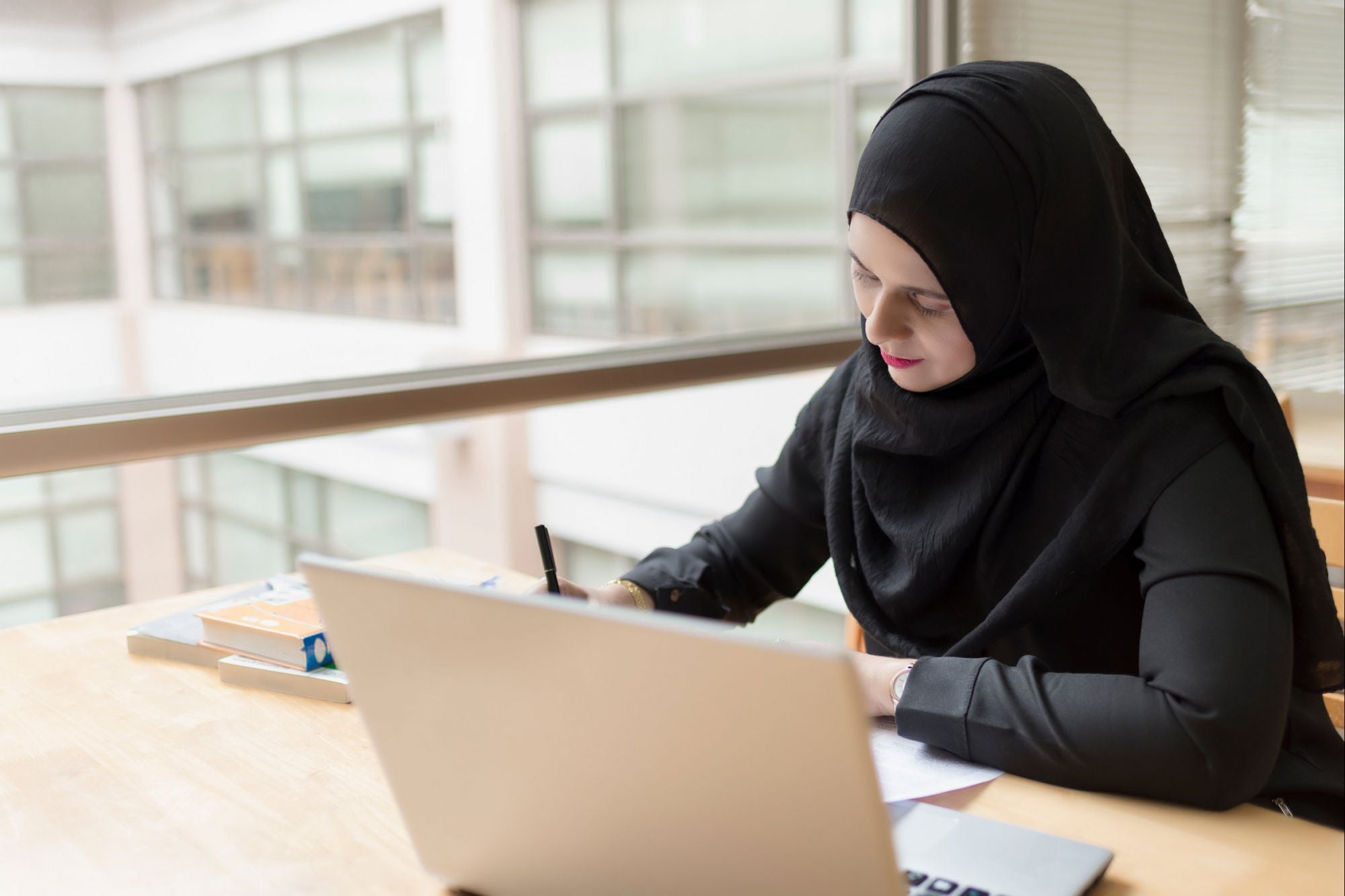Setting A Precedent: Unlocking Arab Women's Potential In The Tech And Entrepreneurial Sector One in three tech startups in the Arab world are run by women, significantly higher than in Silicon Valley, where female businesses only comprise 17%of the total.
Opinions expressed by Entrepreneur contributors are their own.
You're reading Entrepreneur Middle East, an international franchise of Entrepreneur Media.

Much has been written about the fourth industrial revolution's likely impact on the way we live and work, but its ability to bridge the gender gap has been largely overlooked. One in three tech startups in the Arab world are run by women, significantly higher than in Silicon Valley, where female businesses only comprise 17%of the total.
Simply put, technology is truly serving as an enabler in the Middle East, bypassing cultural constraints, safety issues, and costs such as transport and childcare. By tapping into the power of the internet, women can raise funds, build businesses, interact with international suppliers, and sell to customers– all without leaving their homes if they wish. Women entrepreneurs are coming of age across the Middle East, and the next wave of tech could see them assume an equal role as value creators.
Understanding and doubling down on this trend with astute policies and supportive infrastructure could help the region unlock gains for wider economic growth. Removing the traditionally high barriers to entrepreneurship for women can benefit the entire economy; McKinsey estimates that increasing women's participation in the workforce alone could add US$600 billion to the region's GDP by 2025. Everyone benefits from women-owned businesses, which have been proven to be 1.7 times more productive than male-owned companies, and generate double the revenue for every dollar of funding.
Across the Middle East, women are better educated than ever, approaching gender parity in science and research, according to UNESCO data. Between 34% and 57% of the region's graduates in science, engineering, and agriculture are women. On the other hand, however, conservative values often prevent that education from translating into roles in the workforce, and many women have traditionally stayed at home, either by choice, or because of cultural, social, or familial pressures. New technologies such as the connected internet of things, however, is now enabling them to use that time more productively. Without leaving the house, Arab women are running fashion and beauty brands, social media agencies, software companies, and brokerage apps.
The region's economies are seeking to attract more young women into business through tailored policy approaches and by making startup capital more easily available. However, the countries that have succeeded in effecting change have done so thanks to a concerted effort on several fronts, ranging from inclusive infrastructure, to providing access to funding and training for startups.
Bahrain, for example, offers a rounded approach ranging from policy approaches and low-cost infrastructure to startup capital and networking help. The Kingdom has integrated women's needs into national strategies in order to realize the country's Economic Vision 2030, such as the government action plan and, following consultations with the IMF on gender budgeting, into the national budget. Public-private partnerships such as the $100 million Bahraini Women Development Portfolio Fund are enabling aspiring entrepreneurs by offering them financial support, training, and advice to help launch their own commercial startups.
Support extends into business development and networking. Women have played an important role in the financial sector for decades; as of 2018, women comprised 39% of the financial sector, and held 33.2% of managerial positions. A natural progression given the country's status as the region's pre-eminent hub for economic services has been into financial technology, or fintech. Women in Fintech, an association of female leaders in the sector, works closely with Bahrain's Economic Development Board to smooth over potential hurdles.
Other initiatives benefit entrepreneurs across the board. The country is already one of the most cost-effective places to set up a new company, with KPMG estimating that starting a new business is 35% cheaper than in other jurisdictions. The Kingdom has enhanced its attractiveness by building its digital infrastructure to offer manufacturers plug-and-play facilities with future-ready technologies such as 5G– it will be one of the first countries in the world to roll out the new protocol, so entrepreneurs can maximize the efficiency of automated online business processes.
Taken together, these initiatives have created an ecosystem where new businesses can flower. Bahrain now boasts gender parity in business ownership, with 49% of all commercial registrations in the Kingdom being female-owned, according to statistics revealed at the 63rd United Nations Commission on the Status of Women at UN headquarters in New York recently. As an indicator of what is possible in a challenging region, Gulf nations like Bahrain have shown how women can be empowered to lead and innovate, opening up conduits for economic growth in new industry sectors, while setting a strong precedent for future generations.
Related: A Progressive Perspective: Areije Al Shakar, Fund Manager, Al Waha Fund of Funds











